
34 No. 2 – September 2023 Truth & Reconciliation Edition
Association of Alberta Thank you to Dr. Karlee Fellner, Ph.D., R.Psych, PAA member and Indigenous artist, for permission to use this art. See p. 3 for description. Understanding People | Working Together
Psymposium Vol.
Psychologists’
Board of Directors
President
Claire Petersen
President-Elect
Mira Singh
Past President
Nicki Wilson
Treasurer
Chris Pawluk
Early Career Representative
Dr. Sandra Dixon
Student Representative
Katherine Archibald
Provisional Representative
Samantha Gruber
Members at Large
Tamara Austin
Dr. Quintina Bearchief-Adolpho
April Salciano
CEO

Dr. Judi Malone
Editorial
Editor-In-Chief
Dr. Michelle Vandegriend
Contributing Writers
Nathan Beaucage
Joanna Card
Shandra De Clerck
Krista Forand
Jasmine Fouillard
Dr. Harpreet Gill
Dr. Gina Ko
Dr. Michael Stolte
PAA Psymposium [ISSN 1193-2627] is the official newsletter of the Psychologists’ Association of Alberta.
Canadian Publication Mail Product Sales Agreement #40020241.
Except where specifically indicated, the opinions expressed in Psymposium are strictly those of the authors and do not necessarily reflect the opinions of the Psychologists’ Association of Alberta, its officers, directors, or employees. The Psychologists’ Association of Alberta reserves the right to edit all articles and submissions before publication and to decide on the suitability for publication.
PAA Psymposium is published five times a year (January, March, June, September, November) for the purpose of fostering communication amongst psychologists and supporting the goals of the Association and the profession of psychology. The newsletter is available to all members of the PAA on our website or by subscription, as well as to public subscribers and selected individuals and organizations with interests in the practice of psychology.
Except where otherwise indicated, copyright 1998 by the Psychologists’ Association of Alberta are in effect. Permission is granted to reproduce up to 10 copies of any article as it appears in PAA Psymposium, if such reproductions are distributed without profit for educational or research purposes only and properly cite Psymposium and denote PAA copyright. Permission for additional reproductions or reproduction for commercial purposes must be obtained in writing from the Editor-In-Chief. PAA generally welcomes requests to reprint from other professional newsletters.
Psymposium is submitted to PsycEXTRA, a database set up by the American Psychological Association, which contains newsletters, policy papers, white papers, fact sheets, reports, magazines. PsycEXTRA is a companion to the American Psychological Association’s scholarly database PsycINFO.

Psychologists’ Association of Alberta Suite 101, 1259–91 Street SW
Edmonton, AB T6X 1E9
1-888-424-0297
paa@paa-ab.ca | www.paa-ab.ca
Mission & Vision
The mission of the PAA is to advance the sciencebased profession of psychology and to promote the well-being and potential of all Albertans. PAA & its members are recognized leaders in enhancing the psychological health of all Albertans
Psymposium
Looking to advertise? Visit the PAA website > Classifieds > Purchase a Psymposium Ad

Stay Connected
@PAAlberta @PAAlberta @psych.assoc.ab

PAA Staff
CEO Dr. Judi Malone
Dir. Professional Guidance Dr. Harpreet Gill
Dir. Professional Affairs Carmen Bellows
Office Manager Joanna Leung
Communications Officer Kim Bernard
CPD Officer Ada Nieminen
Membership Officer Annika Rorem
Professional Guidance Officer Jiya Juneja
Governance Officer Vacant
2023 September Psymposium 2
@PAA
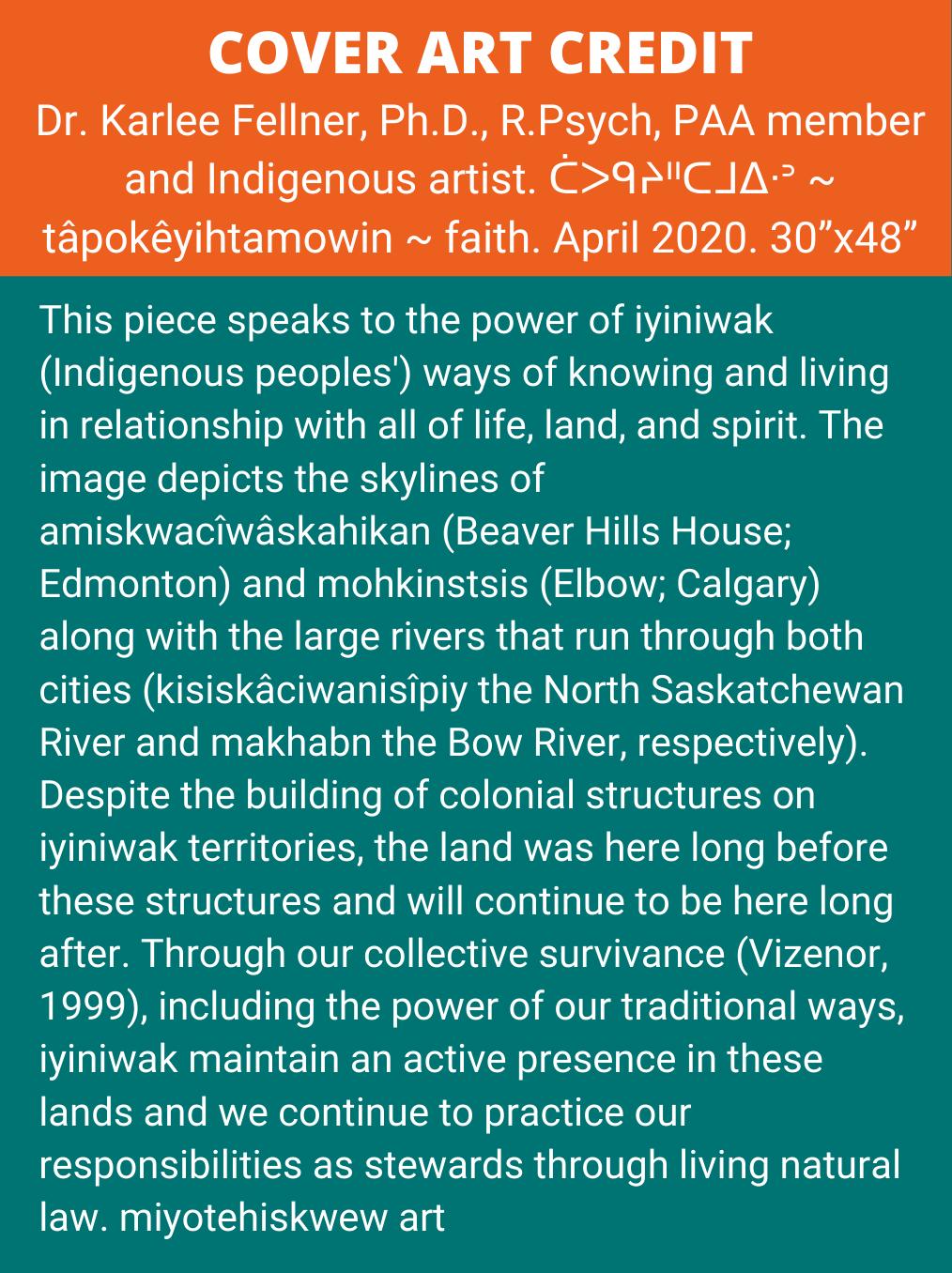
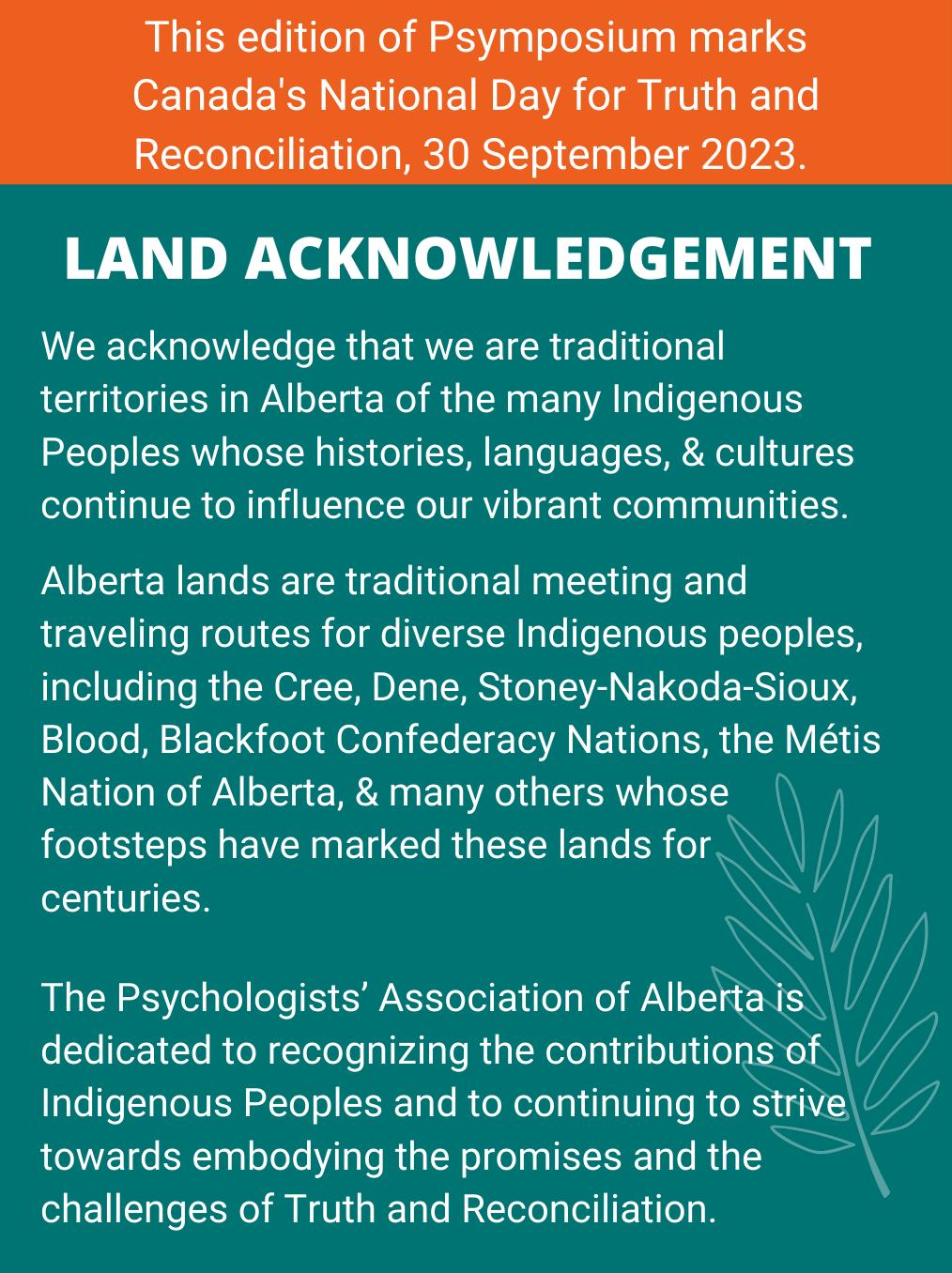
www.paa-ab.ca 3 Featured Content 5 Psychology’s Response to the TRC Report - Part 4 7 Technology in Practice Task Force New Alberta-based Research on Telepsychology Effectiveness 13 Psychology, Assessments, and Stagnation 15 The Qualities of Highly Effective Therapists of Indigenous Clients 16 Anti-Racism and Psychology The Importance of Honouring Our First Peoples 19 Are Culturally Relevant Assessments Impossible? 20 Ethics Corner Multicultural Inclusive Practice Contents 4 Editor’s Letter 6 Notes from the CEO’s Desk 8 Board Notes 9 2023 PAA Gala & Award Winners 9 PAA CEO Recognition 10 Alberta Psychology in the Media 10 Upcoming PAA Board Meeting Dates 12 Looking For Confidential Ethical Support? 13 2023 PAA & CAP Joint Town Hall Dates 17 New Referral Service Launched 18 Your Online Indigenous Resources 23 Continuing Professional Development 24 PAA Annual Report 24 Psychological Services Fund Opens 01 Oct
By Michelle Vandegriend, Ph.D., R. Psych
“We respectfully acknowledge that we are located on Treaty 4, 6, 7, 8 and 10 territories—the travelling route, gathering place and meeting grounds for Indigenous Peoples, whose histories, languages, cultures and traditions continue to influence our vibrant community. We are grateful for the traditional Knowledge Keepers and Elders who are still with us today and those who have gone before us. We recognize the land as an act of reconciliation and gratitude to those whose territory we reside on or are visiting.”
Welcometo our special edition of Psymposium: Truth and Reconciliation (TRC). Before you begin reading any further, I encourage you to take a moment and genuinely reflect on the above acknowledgment…
We have a responsibility to carefully consider what an acknowledgement means.
A land acknowledgement is not simply part of a performative protocol before an audience or event or a token gesture at the bottom of a webpage or an email signature. An acknowledgement is a meaningful act of reconciliation that expresses gratitude toward and honours the Indigenous people who have lived and worked on this land historically and presently. It is a small step that encourages us to remember and to learn more about Canada’s history of colonization. It reminds us of the importance of change and to better understand further the culturally informed changes needed in every aspect of the work that we do as psychologists it is an entry point integrated with ongoing education, continued reflection and a commitment to meaningful action.
Whether we are presenting a land acknowledgement or attending an event that begins with one, it may be helpful to reflect on a few of the following points and questions below developed by the Native Governance Center:
• Start with self-reflection: Why am I doing this acknowledgement or why is it happening?
• What is the goal what do I hope listeners will do after?
• How does it relate to the work that I am doing?
• What is the history of this land or territory and how have I benefited by living on this land that is a traditional territory of Indigenous people?
• How am I leaving Indigenous people in a stronger, more empowered place because of this land acknowledgment?
• Do I know the names of living Indigenous people from these communities? Did I highlight Indigenous people who currently work in a field I am presenting on?
Much gratitude to our contributing columnists for this special TRC edition. The authors of these articles highlight how far we have come as a profession in learning about and advocating for change and healing, and yet how much farther there is to go.
Michelle
PAA
Member and Psymposium Editor-In-Chief
Michelle Vandegriend, Ph.D., R. Psych.
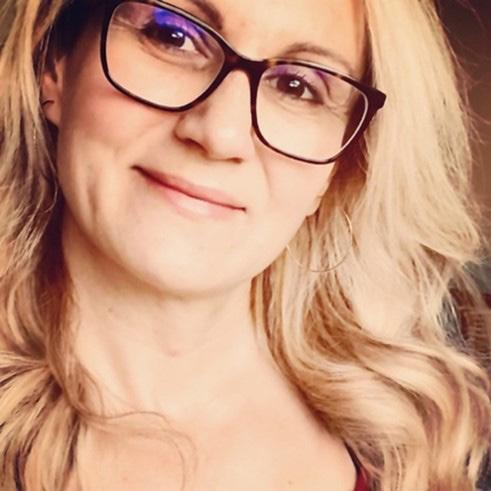
Certified Gottman Therapist
www.stalbertcounselling.com
Email: mvandegriend@stalbertcounselling.com

2023 September Psymposium 4 Editor’s Letter
Psychology’s Response to the TRC Report - Part 4
By Joanna Card, M.Ed. R.Psych; Shandra De Clerck, M.Sc. M.A. R.Psych; Krista Forand, M.Ed. R.Psych
Thisis the fourth article in a series by members of PAA’s Social Justice, Equity and Diversity Community of Practice (on PAA Collaborate) reflecting on Psychology’s Response to the Truth and Reconciliation Commission of Canada’s Report (2018).
The first article (2021 Sept, p.15) acknowledged our unethical conduct towards Indigenous Peoples, past and present. The second article (2022 June, p.19) summarized six guiding principles for the practice of psychology in general, as outlined in the report. The third article (2022 Sept, p.5) focused on key recommendations for education and training in the profession of psychology and the barriers for Indigenous students. This fourth article will explore recommendations for Assessment, Treatment, Program Development, and Evaluation.
Assessment
Psychologists provide a variety of assessments, including psychoeducational, forensic, and neuropsychological assessments. Historically, psychological assessments conducted with Indigenous patients have been biased towards increased child apprehension, ongoing incarceration, involuntary sterilization, and an overrepresentation of Indigenous students with lower IQ scores and diagnosed disabilities. These negative outcomes are due to psychologists using Western assessment practices and measures that do not consider or incorporate Indigenous definitions of health, the patient’s family and community, or concrete contextualized descriptions of the patient’s behaviour and experiences within their home and community. Consequently, Indigenous patients and their families are often fearful of formal assessments and diagnostic labels, as these have been used to justify possibly harmful interventions.
Psychologists who conduct assessments with Indigenous patients have an ethical obligation to provide individualized, collaborative, culturally relevant, and meaningful

assessments that empower patients and their families to access resources based on a practical contextual description of the patient, rather than an abstract categorization, such as a diagnostic label. This means that psychologists should also advocate to encourage test publishers, researchers, and clinicians to create culturally relevant tests. Psychologists also need to work with government agencies to encourage policy that would allow for more contextualized descriptions of a patient’s experience rather than solely relying on descriptions of pathology and diagnostic labels to gain access to services and resources. Overall, psychological assessments should be useful to the patient, and they should fit the need of the individual or group being assessed.
Recommendations Regarding Treatment of Indigenous Peoples in Canada
The CPA’s response to the TRC report (2018) put forth several recommendations in acknowledgment that traditional Western approaches to therapy and the therapeutic relationship may unknowingly perpetuate the harms of colonization. The following key points were identified:
The CPA task force strongly encouraged psychologists to focus on supporting healing wisdom and knowledge already present in Indigenous communities, supporting that knowledge and being well-versed in the particular culture of the individual/community. Approaches should focus on moving away from therapeutic ideologies that are egocentric towards eco-centric/holistic approaches including land-based interventions. As part of this move towards eco-centric approaches, clinicians should be prepared to work with the entire family unit, and to incorporate and recognize the importance of land-based interventions and their value in supporting reconnection with cultural and individual identity. Holistic approaches should incorporate the spiritual, emotional, mental, and physical elements not only of the individual, but of their family and community as well (Absolon, 2010).
Read the full article here.
www.paa-ab.ca 5
“This fourth article will explore recommendations for Assessment, Treatment, Program Development, and Evaluation.”
Notes from the CEO’s Desk
“We, as human beings, need to be a group. We are interrelated. We need to be connected. We need to feel good in each other’s presence. We need to help people feel good and accepted in each other’s presence. We see the effect on the brain. We see the effect on behaviors.”
Elder/Kohkum Beverley Keeshig-Soonias, Member of Chippewas of Nawash R. Psych (AB) PAA Life Member
By Dr. Judi L. Malone, PAA CEO Registered Psychologist (AB/AUS)


Ilove attending Powwows and often feel struck by what a privilege and honour it is to bear witness to such a powerful ceremony and celebration of life, of culture, and of community. Seeing family and friends there means extra hugs and joy and I also feel uplifted by how profoundly moved my husband always is by the drum groups—the heartbeat of Mother Earth.
Quite the contrast to the struggle and suffering of multigenerational trauma that resulted from Canada’s cultural genocide and leaves so many treaty people (ALL Canadians) uncertain of how to move forward.
Many people think of treaty rights as “special” Indigenous rights however, all people living in Canada are treaty people with their own set of rights and responsibilities.
Treaties are a foundational part of Canadian society. Every road, house, building or business that exists today in a treaty area was made possible because of a treaty.
The existence of treaties is proof that the first settlers of what is now Canada respected First Nations as sovereign people and negotiated Nation to Nation.
By understanding the colonial history of Canada, we can renew our relationships with each other and move towards meaningful reconciliation.
OISE University of Toronto
What is our role? Your role? The role of our profession? We have a road map in Psychology’s Response to the TRC. We have Indigenous Resources to learn and grow together and to benefit from Indigenous Wisdoms. We have each other. And, we have a responsibility to one another. In closing…
What we have is because of the treaties. Every one of us has treaty rights AND responsibilities. We are all treaty people. Judi
2023 September Psymposium 6
Technology in Practice Task Force
New Alberta-based Research on Telepsychology Effectiveness

 By Dr. Michael Stolte, R. Psych.
Special Education
By Dr. Michael Stolte, R. Psych.
Special Education
In previous articles, I have talked about the benefits and risks associated with using telepsychology, as well as provided material on how to enhance benefit and mitigate those risks. One of the key benefits of telepsychology has been that of improved access to mental health services, particularly for rural and under-served communities, as well as for those facing mobility or scheduling challenges. Other potential benefits can include improved patient convenience and the use of technology to bridge geographical divides. In this respect, ethical and responsible use of telepsychology can act as a component of reconciliation, by enabling improved access to mental health services.
However, telepsychology is also associated with numerous risks, including potential data breaches, loss of confidentiality, poor implementation, poor clinician training, technical requirements, and less evidence of effectiveness when compared to other in-person psychological supports. Providing additional support for the effective use of telehealth, Gurm et al., (2023) recently published a study, based on data from 14,893 adult patients accessing services at a non-profit counselling centre in Calgary, Alberta, and indicated telehealth services were not inferior to in-person services when comparing COVID-19 pre-pandemic and pandemic mental health service utilization. Using a propensity score non-inferiority analysis procedure, the researchers used data collected both before and during the COVID-19 pandemic to compare numerous variables including an outcome questionnaire score of patient change (Outcomes Questionnaire-45.2, cited as Lambert et al. 2004), as well as various demographic and mental health information. They also collected data across 367 therapists, across both in-person and telehealth conditions, providing good generalizability for real-world settings.
Results indicated higher levels of patient-reported anxiety and distress during COVID, as well as increased service utilization by female and single patients. Patients also tended to have a slightly higher number of telehealth sessions (M = 5.14) vs. in-person sessions (M = 4.48). Positively, both groups reported improvement after the psychological intervention (as measured by the OQ-45.2), and the change scores were actually greater for telehealth than for inperson services, though not enough to be statistically significant when comparing the two. Additionally, regardless of modality (telehealth vs. in-person), results indicated pre- to post treatment effect of approximately 0.80, a large effect size, providing support that patients found the mental health intervention helpful.
This study adds to the literature on appropriate, ethical, and effective use of telepsychology. Though limited to a community outpatient psychotherapy environment, presumably using short-term therapy models given the average number of sessions, evidence was provided of equal effectiveness and positive mental health change in a real-world setting. Unfortunately, the authors did not provide any indication of therapist qualification, training, or theoretical model, so these were clear limitations. What was particularly encouraging was that these results were sustained across a large number of therapists, providing additional support for the effective use of telehealth in contemporary psychological care. References available upon request.
www.paa-ab.ca 7
(AB), Ph.D. in
“Ethical and responsible use of telepsychology can act as a component of reconciliation, by enabling improved access to mental health services.”
Board Notes
By Claire Petersen, R. Psych
As autumn approaches, we may find ourselves longing for just a few more summer nights and the warmth they bring. But soon, we look forward to the vibrant colours that the leaves bring, the crispness of the air, and the clarity it brings. Autumn is a time for transformation, reflection, and letting go of what is no longer needed. With the seasonal changes that autumn brings, so comes a sense of accomplishment and fulfillment. It is a time of harvest, of celebrating and enjoying the rewards of your hard work. Autumn is our reminder that we are always growing, changing, and improving. For these reasons, it is my favourite season.
This makes it the perfect time to recognize and celebrate the accomplishments of our colleagues at our upcoming 2023 PAA Gala. I hope that many of you will be able to join us for this special evening. On this night, we honour the exceptional leaders and outstanding researchers in our field who have been chosen for this year’s awards. These individuals have been nominated by their peers for their significant achievements or contributions to psychology and we are so very excited to honour them at the Gala. Congratulations to our 2023 Award Winners.
This occasion also provides an opportunity to welcome newly registered psychologists to the profession. This marks a significant milestone in their professional life that deserves recognition. On behalf of the PAA, I want to congratulate you on your achievements, and I wish you a long and rewarding career as a psychologist. We look forward to celebrating with all of you.
Given that the Gala takes place the night before the
National Day for Truth and Reconciliation, we are delighted to begin our evening with a land acknowledgment and traditional Indigenous opening ceremony. This is sure to be a special and moving beginning to a celebration of both new and veteran psychologists.
Alberta lands are traditional meeting and traveling routes for diverse Indigenous peoples, including the Cree, Dene, Stoney-Nakoda-Sioux, Blood, Blackfoot Confederacy Nations, the Métis Nation of Alberta, and many others whose histories, languages, and cultures continue to influence our vibrant communities and whose footsteps have marked these lands for centuries. The PAA is dedicated to the recognition of the contributions and historic importance of Indigenous Peoples and to continuing to strive towards a clear and overt commitment to embody the promises and the challenges of Truth and Reconciliation.
It is my hope that as we enter the transformative autumn season, we can each take a moment to reflect and consider how we might contribute to meaningful change, and move forward with intention towards truth and reconciliation. I encourage you to consider how you will mark the National Day for Truth and Reconciliation on September 30th. You will find resources to continue learning here:
• https://psychologistsassociation.ab.ca/resources/ indigenous-resources/national-resources/

• https://www.canada.ca/en/canadian-heritage/ campaigns/national-day-truth-reconciliation.html
Respectfully,
Claire Petersen, President
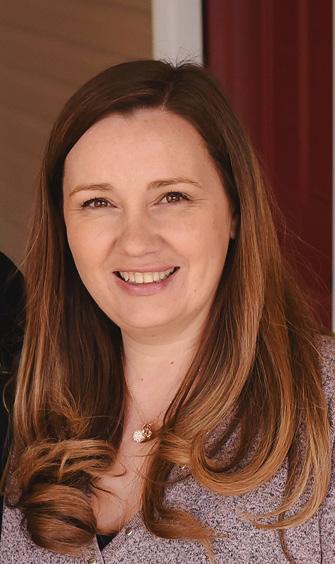
2023 September Psymposium 8
“I encourage you to consider how you will mark the National Day for Truth and Reconciliation.”
2023 PAA Gala & Award Winners
Congratulations to the 2023 PAA Award Winners! We’re so pleased to honour you for your dedication and contribution to the field and for shaping our profession in such meaningful ways. Learn more about this year’s winners on our Awards page!
Join us for Alberta psychology’s biggest celebration of the year, the PAA Gala, 29 September in Edmonton. We’ll celebrate this year’s award winners and welcome newly registered psychologists for an evening of camaraderie and connection. Thanks to BMS and Homewood Health for sponsoring this year’s Gala!

Award
PAA CEO Recognition
PAA CEO Dr. Judi Malone was awarded:
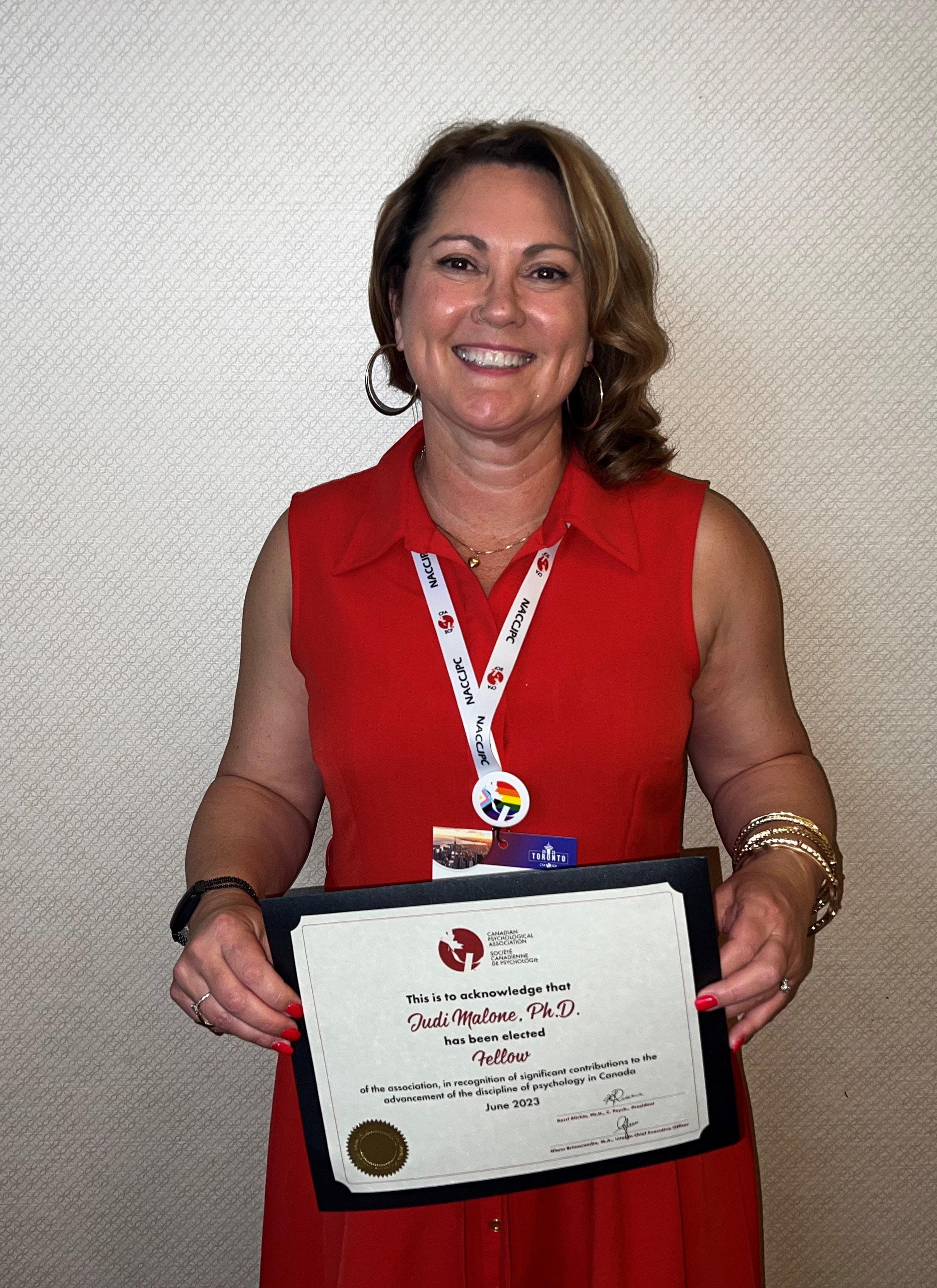

» CCPPP Mike Teschuk Award for Lifetime Contributions to Psychology
» Canadian Psychological Association Fellow for distinguished contribution to the advancement of the profession of psychology







» American Psychological Association Fellow for extraordinary contributions to the field of psychology over a lifetime
We are grateful for the leadership you bring to our association and to the profession in Alberta!

www.paa-ab.ca 9
Excellence in Clinical Supervision Award
John G. Paterson Award
Excellence in Teaching Psychology Award
Excellence in Community Service Award
Masters’ Thesis Research Award
Alberta Psychology in the Media
ON TOPICS INCLUDING
» 630 CHED
VIA
» Daily Herald Tribune
» Peace River Gazette
» Fairview Post
» Peace Country Sun
» CBC Radio Canada
» CBC Morning Live
» CTV Morning Live
» Spring Cleaning
» The “no-miss” Father’s Day gift: understanding
» Edmonton Community Foundation: rebuilding northern Alberta in the wake of wildfires/ floods
» Family anxiety due to evacuations
» Your mid-year reset
» What do you believe?
» Old-fashioned ideas
» Embrace today
» The power of music
» Shame on you!
» Assessment
» Traumatology
» Growing a life
» Finding balance
» Trauma and the brain

» Building relationships
» Fetal Alcohol Syndrome
» Alberta wildfire disaster and the PAA Disaster Response Network
» Psychological impacts of wildfire smoke
THANKS TO
» Dr. Ganz Ferrance
» Dr. Linda Hancock
» Dr. Judi Malone
Psychologists Venue
Dr. Terry Singh
Dr. Harpreet Gill
» The Role of Psychology in Treating Schizophrenia and Psychosis for the Schizophrenia Society of Alberta
» Self-Care and Self-Esteem Workshop for South Asian Women in Edmonton
If you or a colleague are interviewed through any media outlet (newspaper, radio, television), or if you have attended a career fair or public speaking engagement, please advise the PAA office at paa@paa-ab.ca for our report!
Upcoming PAA Board Meeting Dates



The PAA Board of Directors will meet:
• 06 November 2023
• 02 February 2024
2023 September Psymposium 10
25 MEDIA PIECES
Media Engagements April - July 2023
Public Speaking Engagements April - July 2023
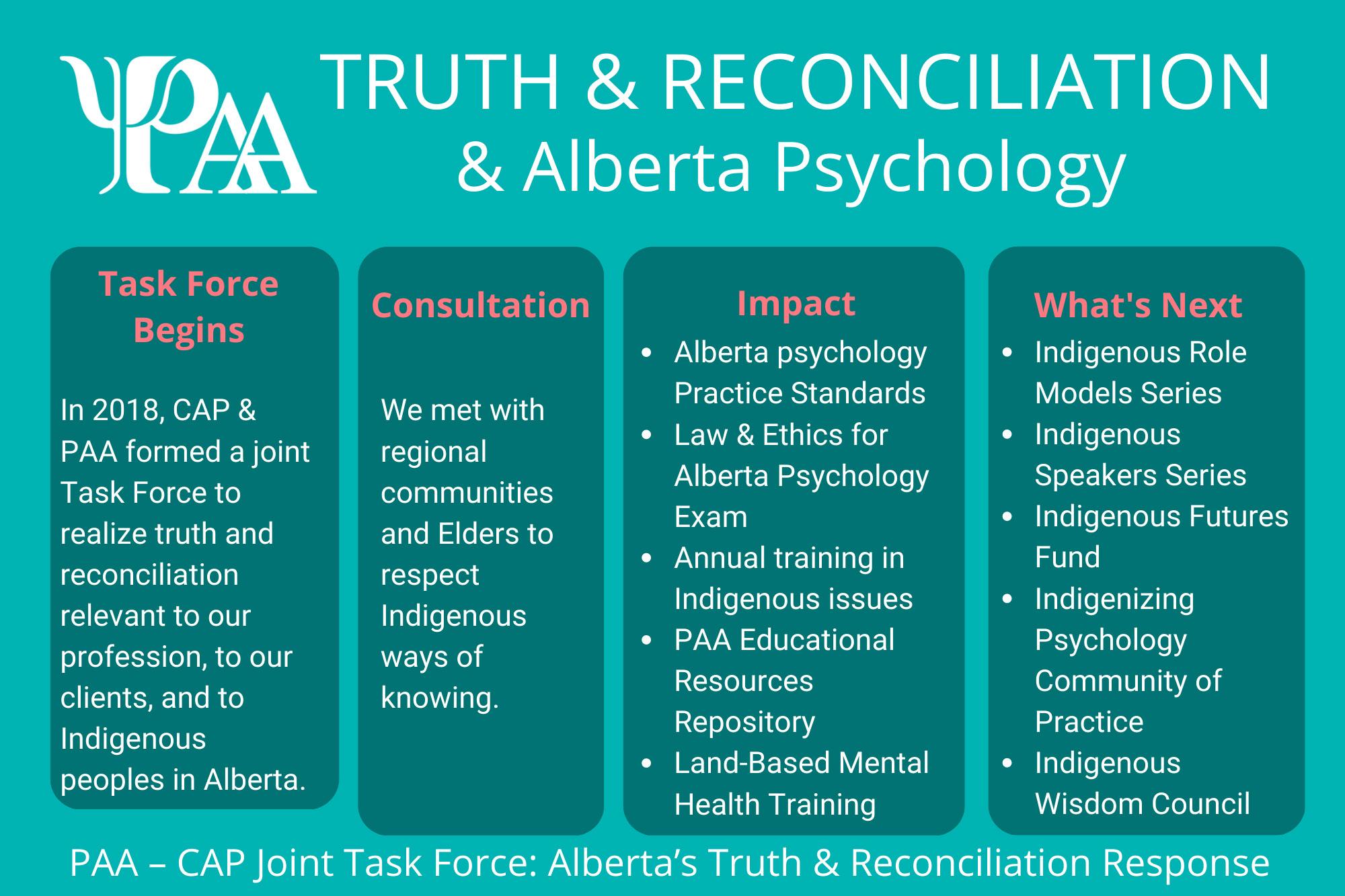
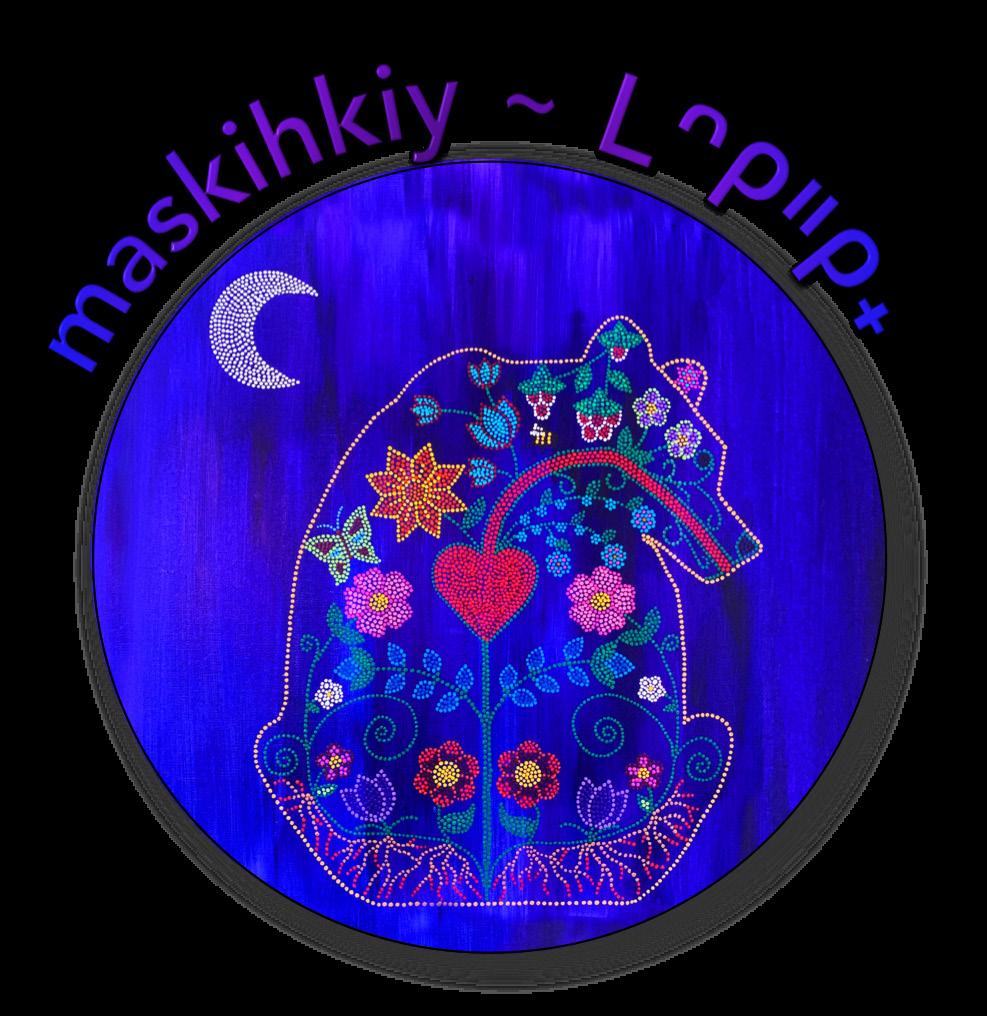
www.paa-ab.ca 11 miyotehiskwew art ~ a division of ᒪᐢᑭᐦᑭᕀ maskihkiy wellness weaving art medicine from dreams, stories, land, cultural teachings, and personal & collective experiences https://www.maskihkiy.com/miyotehiskwew-art Dr. Karlee Fellner, Ph.D., R.Psych 1.587.254.3696 | pipikwanpehtakwan.com AMPLIFYING INDIGENOUS VOICES Creative Development & Productions Communication Strategies Analytics Workshops Engagement Media Relation & Training Digital Marketing Reconciliation and Decolonization Strategies Advertisement Advertisement
Looking For Confidential Ethical Support?
Did you know that PAA has launched a Professional Guidance Program?
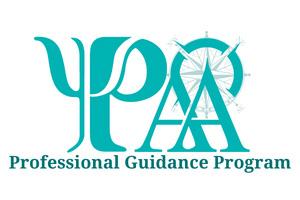

The program provides guidance to registered psychologists facing ethical dilemmas and encourages ethical decision-making and practices. Psychologists facing an ethical dilemma or clinical concern have access to a library of resources and the opportunity to discuss their concerns with the Professional Guidance Director or a Practice Advisor. The mission of this program is to enhance professional practice, circumvent problems, and educate psychologists on ethical standards and practices and how to apply
Our staff can assist you in learning about and thinking through ethical, clinical, and professional dilemmas in your work as psychologists. We will evaluate your needs and suggest resources that are relevant to your inquiry.

If you use our fee-for-service consultation with PAA’s Professional Guidance 1.0-hour Continuing Education Credit for that
in June on Ethical Decision Making. This webinar addresses the CPA Code of Ethics Principles and how they guide ethics, how to differentiate between different types of dilemmas, and how to use the professional acculturation model to manage ethical decision-making. Other webinars on Informed Consent, Telepsychology, Rural Practice, Cultural Competence and many more are coming up soon. If you have a specific topic that you would like to learn about, let us know.
Visit our webpage for more information.

2023 September Psymposium 12 Indigenous-owned and operated Psychological Assessment company. Four Directions Psychological Assessments
www.fourdirectionspsych.ca
Advertisement Advertisement
Psychology, Assessments, and Stagnation
 By Jasmine Fouillard, Nehiyaw Iskwew
By Jasmine Fouillard, Nehiyaw Iskwew
Psychology
is an early science, and its history contains questionable events. Lobotomies, homosexuality as a DSM disorder, Milgram, Zimbardo, and Little Albert: ring a bell? Yet, these now frowned-upon events and experiments were once seen as breakthrough studies to help further the field. As an Indigenous Psychologist specializing in assessment, the world I work in is still rife with unethical, questionable acts that I lovingly call the “Wild West” of Modern Psychology: no laws and anything goes.
The Canadian Psychological Association wrote a Response to the TRC Report which touches upon the historical injustices committed by the profession in failing to “respect the rights and dignity of Indigenous People” and failure to meet the “basic standards of care.” Though some aspects of the field are moving towards accountability, I see no such growth in assessments. Indigenous children continue to be over- or mis-diagnosed, unsupported, and used as “cash cows.” Indigenous children with codes in the school system are used for funding. Now programs such as Jordan’s Principle are being seen as the newest way to earn easy money for schools. Indigenous Children deserving individual EAs or specialized support must share these professionals with other students. Though I feel for the other children, why must Indigenous children continue giving all without anything in return? Indigenous children can never reach an equal playing field. It is comical that I was an honours student throughout my school career but was still referred for an assessment as a “native kid.” How
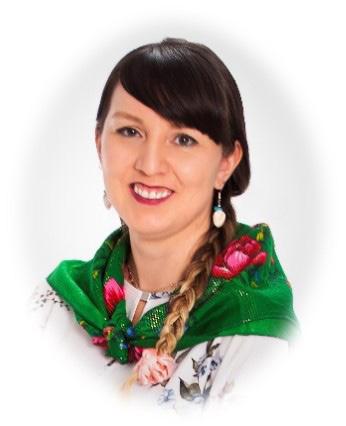
is this ethical and supportive of the population?
Indigenous people are also highly labeled as “Intellectually Disabled.” Yet, when I re-evaluate, I often find this is not true. Yes, many individuals often score low on our intelligence tests but don’t forget that these tests have historically placed minorities at a disadvantage. My favourite test item includes naming pictures such as a crosswalk. Those who grew up in reserves do not have crosswalks. Are we intellectually inferior because our experiences are “less than” due to society?
Additionally, many of the assessments I have seen fail to follow DSM criteria for IDD: when there is a low IQ, adaptive scores are needed to diagnose, but these are not included. Sometimes it feels like psychologists are “snake
ᐃᐢᑫᐧᐤ , R.
ᓀᐦᐃᔭᐤ
Psych
Any dates are subject to change. Visit our Events and Webinars page. 2023 PAA & CAP Joint Town Hall Dates CONNECT WITH PAA AND CAP! LOCATION: Red Deer DATE: November 2023
“Psychology is an early science, and its history contains questionable events.”

ROCK LAKE C O N T I N G E N C Y T E A M For selected Albertan psychologists, we can provide: -psychological services as locum tenens (virtual / 0-3 months) -preparation for absence from practice -contingency plan/professional will development -transitional client care during or after incapacitation -long-term file custody We've got your back. You can call on us to look after your clients so that you can step back and look after yourself. R O C K L A K E T E A M . C O M 5 8 7 . 4 1 5 . 5 2 9 5 O F F I C E @ R O C K L A K E T E A M . C O M Paid Advertisement
The Qualities of Highly Effective Therapists of Indigenous Clients
 By Nathan Beaucage, M.Ed. Registered Provisional Psychologist, Ph.D. Candidate
By Nathan Beaucage, M.Ed. Registered Provisional Psychologist, Ph.D. Candidate
Whatfeels like a lifetime ago (coming up on four years now), I set out to locate and interview individuals who were known to be highly effective in their work with Indigenous clients. A lengthy snowball sampling process, an internship, and a pandemic later, I am in the final stages of completing my dissertation based on the five interviews I conducted as a result of my efforts.
During my professional training, I was drawn to psychotherapy effectiveness research which, while showing all bona fide therapies to be equally effective, also showed that some therapists were more effective in general and that some were more effective at working with certain groups. Being Indigenous myself, and wanting to do my part to help bridge the mental health gap for the Indigenous which was identified by the Truth and Reconciliation Commission of Canada, it was my belief that speaking to these highly effective individuals might give us some ideas about how to reduce that gap.
During my interviews, I kept two main questions in mind: what is it about them and what are they doing that makes them more effective? Working through the nearly nine hours of interviews, I arrived at over 900 codes, grouped into 24 themes, which I have organized into three overarching themes currently titled (as of writing this, but we know how research and revisions can go) “Who are they?”, “What do they do?”, and “What can we use?”. The overarching theme “Who are they?” looks at what qualities these therapists possess or developed (through nature or nurture) that help them in their work with the Indigenous. Are there aspects of their personality that make them more effective? Were there environmental
conditions which may have contributed to their effectiveness with Indigenous clients?
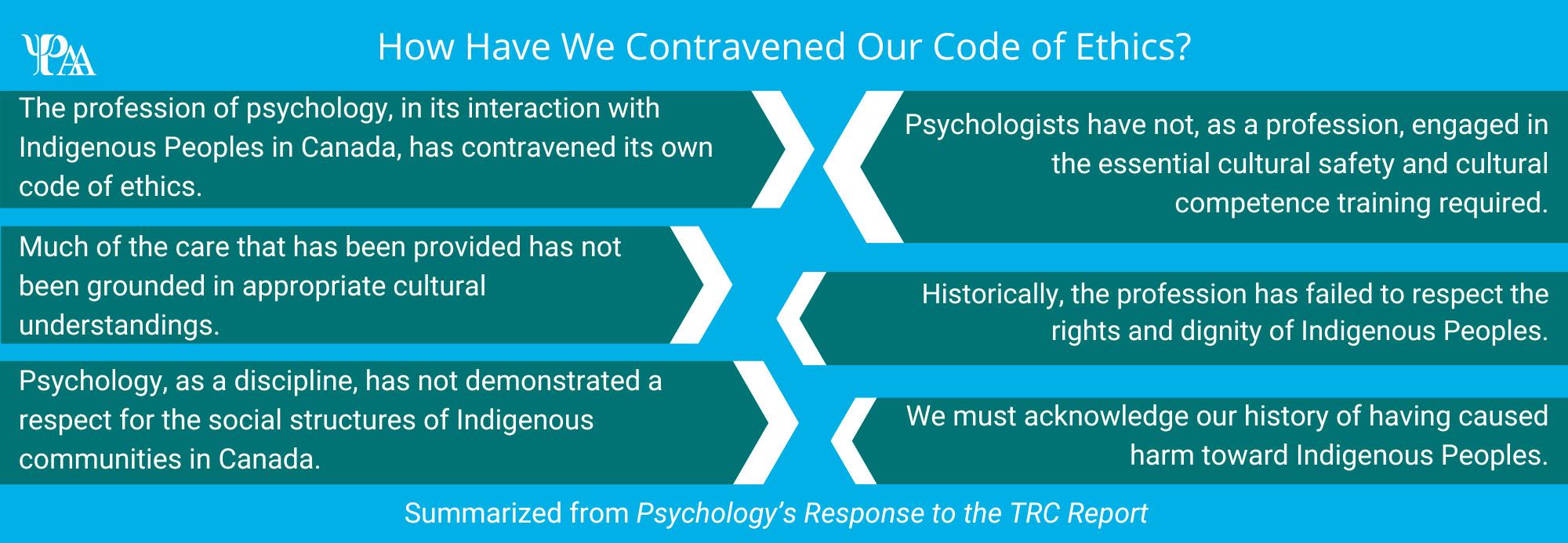
In “What do they do?” I examine how they work with Indigenous clients, how they practice, and what they bring into session. Does therapeutic orientation matter? Do our profession’s ethics and standards help or hinder their work?
“What can we use?” includes the more practical themes that I wanted to make sure I included a play on the Indigenous practice of “using the whole animal” or letting as little as possible go to waste. How can we do what these therapists do? How can non-Indigenous therapists be more helpful with Indigenous clients? What advice do the therapists have for those wanting to work with Indigenous clients? These are just a few of the questions I address in my upcoming dissertation.
To say I have learned a lot would be an understatement and I don’t think I will ever forget what I have learned from my five participants. That is all well and good, but what I really want is to pass on what I have learned. To that end, I am in the midst of the real challenge—the dissemination of that knowledge to share with others.
As I grow ever closer to the completion of my dissertation, and to my “participants” becoming my colleagues, I am humbled and inspired by their amazing work and the gift of knowledge that they have shared with me. It is my hope that I have, and will continue to, honour their gift and that we can all take something from this research that will help us to be more effective with our Indigenous clients.
Nathan will provide an update on his findings in a future issue of Psymposium, so stay tuned. If you have questions about this research, Nathan can be contacted at beaucage@ ualberta.ca
www.paa-ab.ca 15
Anti-Racism and Psychology
The Importance of Honouring Our First Peoples
By Gina Ko, Ph.D., R.Psych

BeforeI became a psychologist, I was a school teacher. I graduated with my Bachelor of Education, and I taught with Little Red River Cree Nation from 2000 to 2002 and then the Calgary Board of Education for a few years. I am embarrassed and sad to share that I did not learn much about the atrocities faced by our First Nations Peoples or even know about Indian residential schools. I was very much welcomed by the community of students and their families and I spent two years immersed in learning about their culture, hardships, and resilience. So much to learn and unlearn.
Years later, at a large school council meeting in Calgary, I was sitting at the front where a presenter was sharing a land acknowledgment, and an individual was sitting nearby mumbling, “Who cares; this is not important. Let’s move on with the presentation.” At that moment, I was filled with rage. The rage comes from a place of witnessing injustice. I asked the presenter if I could have the microphone for a minute. She gave it to me, and I stood up to say how a land acknowledgment is the least we can do to respect our First Peoples and a very small step toward reconciliation. I share this moment as it was a critical incident whereby I chose to speak up and be an ally. I was pleased to hear there were others in the group as I heard sounds of support by applause.
In May of 2021, I started my podcast, “Against the Tides of Racism,” funded by the Canadian Race Relations Foundation including guests who identify as First Nation, Indigenous, Cree, Blackfoot, and Métis. Here are some of the impactful learnings shared by these generous, vulnerable, and courageous guests:
» Racism is a verb
» Self-reflection and self-investigation are important for continuous learning
» Truth is crucial in truth and reconciliation – we need to hear the truth and believe when Indigenous peoples tell their stories
» Read the 94 Calls to Action
» Lean into discomfort and have difficult conversations about racism
» When you are uncomfortable, there is more work to do
» Walk in pairs to gather support in the face of tiring and oppressive anti-racism work
» Fear can be a driver of division and hate
» Love and kindness are important and reconciliation is not a one-day event
» Racism is a form of oppression
» Relationships are the core; get to know people and everything changes
» See the beauty in diversity
» Anger can be disruptive and channeling the anger in creative ways can help
» Humans are beautiful and love yourself
» The importance of cultural discovery and knowing your cultural identity
» Being double means celebrating all aspects of one’s identity
» Know where you are from to know where you are going
» Volunteer where you can as community impact can create change
2023 September Psymposium 16
“Walk in pairs to gather support in the face of tiring and oppressive anti-racism work.”
New Referral Service Launched

We are thrilled to announce the launch of our new and improved Referral Service that optimizes the way psychologists and patients connect.
After carefully considering feedback from members, the fully redesigned Referral Service puts user experience at the forefront. The intuitive and user-friendly interface ensures a smooth experience for psychologists and patients.
Efficient search capabilities are key. The new service employs advanced algorithms to optimize search functionality, helping patients find professionals who specialize in their specific needs and are best suited to address their unique challenges. Users can refine their search based on the most searched terms, top ten areas or practices, location, language preference, therapy methodology, and much more. You will find it convenient to manage and showcase your qualifications and areas of specialization, ensuring up-to-date information.
Add the Referral Service to your membership and increase the chances of connecting with patients seeking your specialized skills. Don’t have the time to create your profile? PAA staff can construct a profile personalized to you.
To learn more, visit our information page.
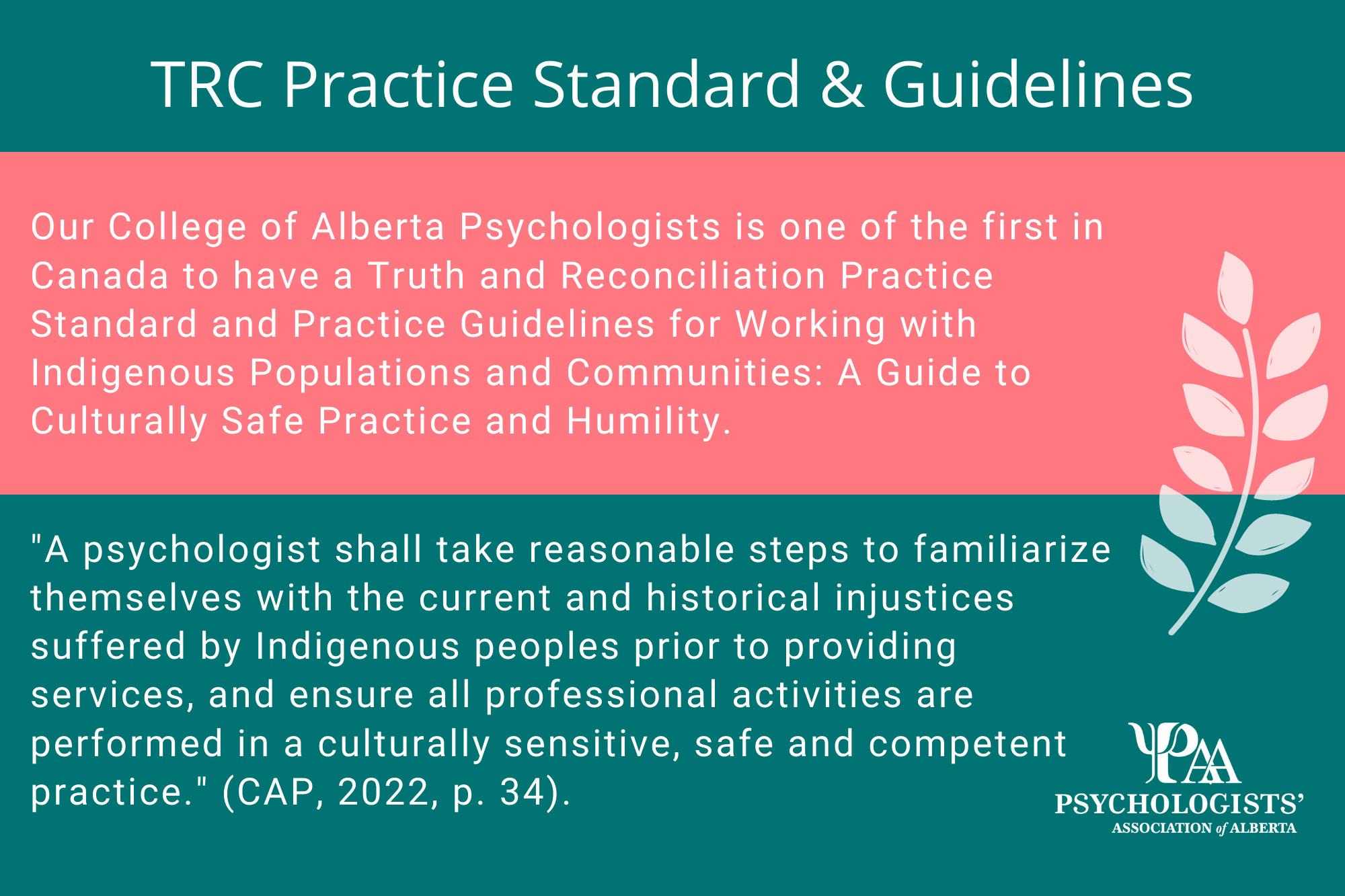
www.paa-ab.ca 17
Your Online Indigenous Resources
New CAP practice standard? New LEAP requirement?
Your PAA/CAP Joint Task Force on Truth & Reconciliation marked several key accomplishments since their inception in 2018. For highlights, view the newly launched Truth Reconciliation in Alberta Psychology webpage
The College of Alberta Psychologists (CAP) and the Psychologists’ Association of Alberta (PAA) formed a joint working group, sanctioned by both boards, to impact change in our province specific to realizing truth and reconciliation considerations relevant to our profession, to Indigenous psychologists who live and work in our communities, and to our clients.


While acknowledging the gravity of this work given the current and historical state of affairs in relation to Indigenous people in Canada and within the field of psychology, the group sought to impact:
• Our Profession – so that we may take responsibility, current and future psychologists
• Our Clients – the people that we serve
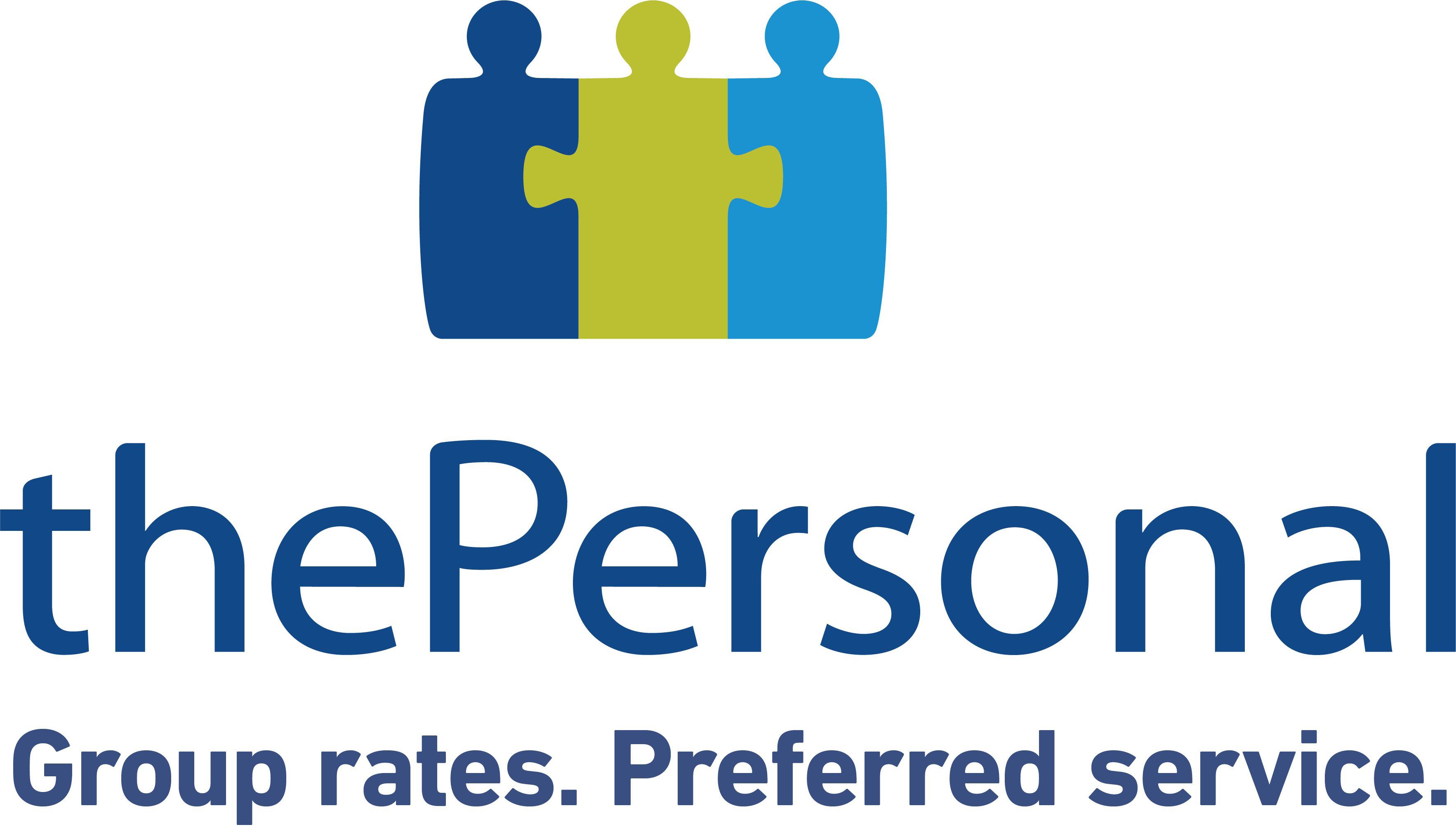
Main accomplishments:
• Established new draft CAP Practice Guidelines and related standard for psychological practice with Indigenous people and people
• Established TRC-related Law and Ethics for Alberta Psychologists Examination question
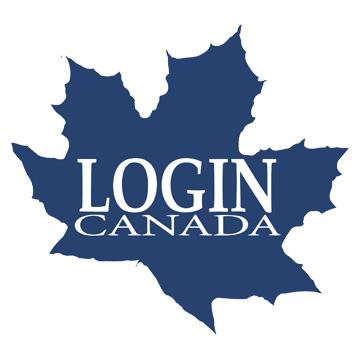
• Launched Indigenous Resources webpage to challenge psychologist learning in alignment with the Truth and Reconciliation Commission’s recommendations.
• Established annual training in Indigenous issues now requirement by CAP
• Piloted Land Based Mental Health Training

What’s next?
Watch for future plans to launch more initiatives, including:


• Indigenous Role Models Series
• Indigenous Speakers Series
• Indigenous Futures Fund

• Indigenizing Psychology Community of Practice (ongoing)
• Indigenous Wisdom Council
Thank you to task force members for your dedication to upholding truth and reconciliation in Alberta psychology: Wilma Spear Chief, R. Psychologist (AB); Loretta McConnell, R. Psychologist (AB); Janice Minoose, R. Psychologist (AB); Meagan Farquharson, R. Psychologist (AB); Karlee Fellner, R. Psychologist (AB); Judi Malone, R. Psych, PAA CEO; Deena Martin & Richard Spelliscy, R. Psych, CAP CEO
Have you also checked out PAA’s Indigenous Resources for Psychologists webpage? Here you’ll find resources for psychologists, psychology students, and Albertans about Indigenizing psychology in our province and honouring Indigenous ways of knowing, wellness, and healing. As health care providers, it’s our responsibility to learn the most effective ways to work with our patients and patients. On this page you will find:
» Educational resources from across Alberta by location


» National and international resources
» Narrative and hands-on learning options in the form of videos, museum links, and interactive website

MEMBER BENEFITS
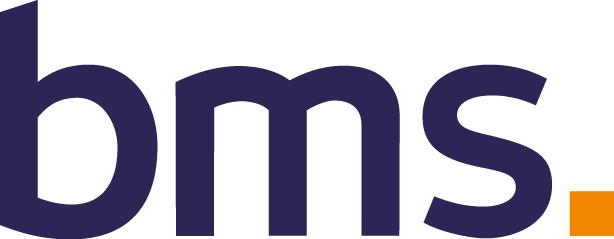
2023 September Psymposium 18
Are Culturally Relevant Assessments Impossible?
By Jasmine Fouillard, Nehiyaw Iskwew
Manypsychologists have asked me how to make assessments culturally relevant for the Indigenous population, and I say: properly, patiently and thoroughly. My assessments must have teacher and parent input as many diagnoses need this background information, and I was trained to ask for it. Yet, Reserve schools are shocked, saying they had never had a psychologist sit with staff or parents. How do we accept this as a profession?
I also value the basics of interacting with a person. In my Indigenous culture, children watch and learn before they get their voice. Yet, assessors penalize lulls in conversations. Many psychologists often don’t wait for verbal responses and quickly move through testing. Does Western society value the talker who impulsively interrupts others? I know
my Elders would chastise us if we interrupted or spoke without thinking, but these values label us as inferior on standardized tests.
Indigenous clients are often strong with reasoning and visuals, but these processes do not load high on the IQ score as language does. Many individuals have that “low IQ” score at the surface level, but if we move beyond bare minimum testing, results show a different story. When language scores are low (often for Indigenous clients on Wechsler IQ tests), I do more testing with the supplemental subtests and interestingly, clients often score high on common sense or “street smarts.” Testing with a purely Non-Verbal measure also results in a high IQ score. So, if I can find abilities contrary to an Intellectual Disability diagnosis, why is this label attached to over half the children in the Reserve schools I work in? Statistically, it seems ridiculous. We must stop completing the bare minimum, see only numbers, and give the Indigenous child a chance to show their skills.
Reports need to be better; the ones I’ve seen are lacking and could have been samples of “What not to do” in my training. A two-page report with just WISC scores has been used to diagnose complex disorders, including Intellectual Disability, AD/HD, ODD, Conduct Disorders, etc. No parental input, background history, or observations were completed, but short notes during one test will label an Indigenous child for the rest of their life. Trauma also mimics many disorders, and we all know the Indigenous population is at high risk, but it is ignored for quick testing. Simple questions such as, “What are your thoughts on medication?” should be asked, and recommendations should reflect this and consider values like Elders. Yet, because Indigenous people never felt they could question structures like psychology, the reports are accepted, the hefty price tag is paid, and Indigenous people are left feeling taken advantage of and ignored.
https://www.mysticalmetis.ca
The historical relationship between Indigenous people and psychology has left fears and stigma. Until we have culturally applicable standardized tests, assessments need to be better. Working with the family and community, never settling for the easy results, and being available and open are qualities that we must ensure are present when Indigenous clients are included.

www.paa-ab.ca 19
ᐃᐢᑫᐧᐤ
ᓀᐦᐃᔭᐤ
, R. Psych.
Indigenous artistdesigned products for use in everyday life.
Advertisement
“Short notes during one test will label an Indigenous child for the rest of their life.”
Ethics Corner
By Harpreet Gill, Ph.D., R. Psych
Dr. Harpreet Gill is PAA’s Director of Professional Guidance, a program that assists members in learning about ethics and thinking through ethical dilemmas in their work as psychologists.

Psychologists have an ethical responsibility to continually grow their cultural competence. Culture comprises different aspects of a person’s identity including race, ethnicity, age, disability, socioeconomic status, sexual orientation, religion, spirituality, gender, education, and more. Whether you work in a private practice setting, a corporate setting, a hospital, in academia or in research, being culturally competent is a core skill for psychologists. It is important to understand the concept of cultural competence and what it involves.
Cultural competence for psychologists refers to their ability to demonstrate cognizance, open-mindedness, and respect towards patients with diverse backgrounds and needs; it enables them to develop and implement culturally appropriate services.
Cultural competence is a continuous process, so psychologists should view themselves as becoming culturally competent rather than being culturally competent. Some helpful tips to enhance cultural competence:
Practice Cultural Humility: When working with patients, it is important to develop insight into one’s own cultural background and beliefs to avoid biases, prejudice, ethnocentrism, and assumptions. Be aware of who is in your circle, socially and professionally. If you are surrounded by people with similar experiences as you, it may be time to make a change. It is also important to incorporate the lived experiences of others into your understanding and at the same time not to over-identify with your patients who are from a similar culture. Psychologists must be aware, of and sensitive to, the legacies of violence and oppression against certain groups of people.
According to the College of Alberta Psychologists’ Practice Guidelines:
18.1 A psychologist shall take reasonable steps to familiarize themselves with the current and historical
injustices suffered by Indigenous peoples prior to providing services, and ensure all professional activities are performed in a culturally sensitive, safe, and competent practice.
Promote Cultural Safety: Promoting cultural safety means addressing power imbalances that exist in a patient-psychologist relationship. Patients need to feel that they are being heard, which includes accepting their social context. By facilitating a sense of safety, we can promote learning and healing. This can be created by active listening, demonstrating empathy, and effective engagement.
Partner with Community Leaders: Being culturally competent goes beyond cognitive and intellectual understanding. Connecting with community leaders and community members is crucial to understand cultural meaning and helps us formulate culturally tailored interventions that are effective and sustainable. For example, living in a joint family system, punitive parenting practices, having high academic expectations for children, maintaining patriarchal gender roles, and storytelling and story sharing to manage grief may be common in certain cultures, yet may be misunderstood in the Western world. In the same way, Euro-Western approaches may limit our clinical effectiveness with Indigenous people.
Advocate: Advocating to make therapy accessible to marginalized groups is another way to enhance cultural competence.
Use Inclusive Language: Words can be powerful. Inclusive language is about embracing communication that acknowledges power differentials and uses culturally sensitive terms and phrases to foster equity, diversity, and inclusion. Instances of exclusive language are considered microaggressions which are a threat to psychological safety. See the American Psychological Language Guidelines
By creating a safe, supportive, and inclusive environment for patients, the effectiveness of psychological services can be increased for all.
2023 September Psymposium 20
“Cultural competence for psychologists refers to their ability to demonstrate cognizance, open-mindedness, and respect towards patients with diverse backgrounds.”
Multicultural Inclusive Practice
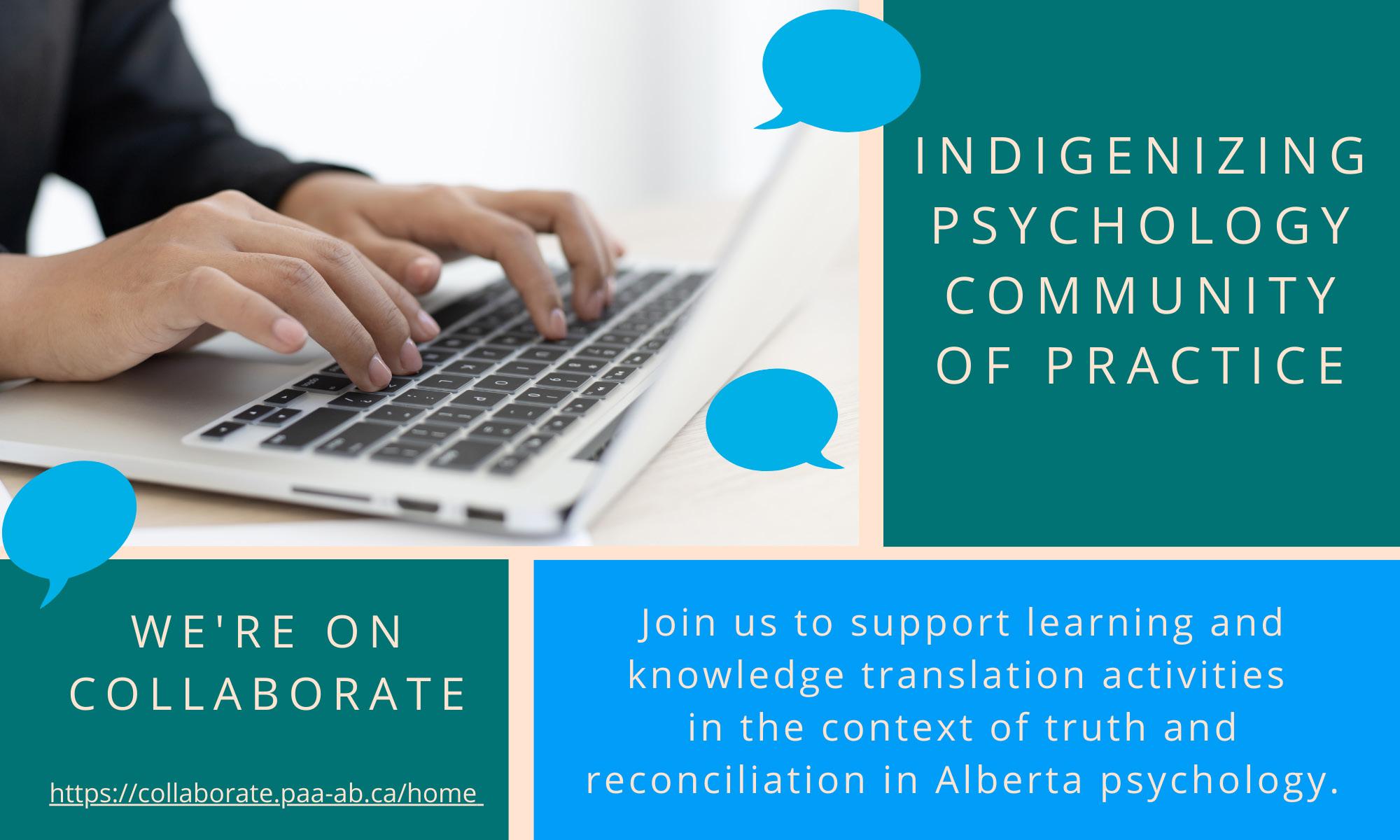
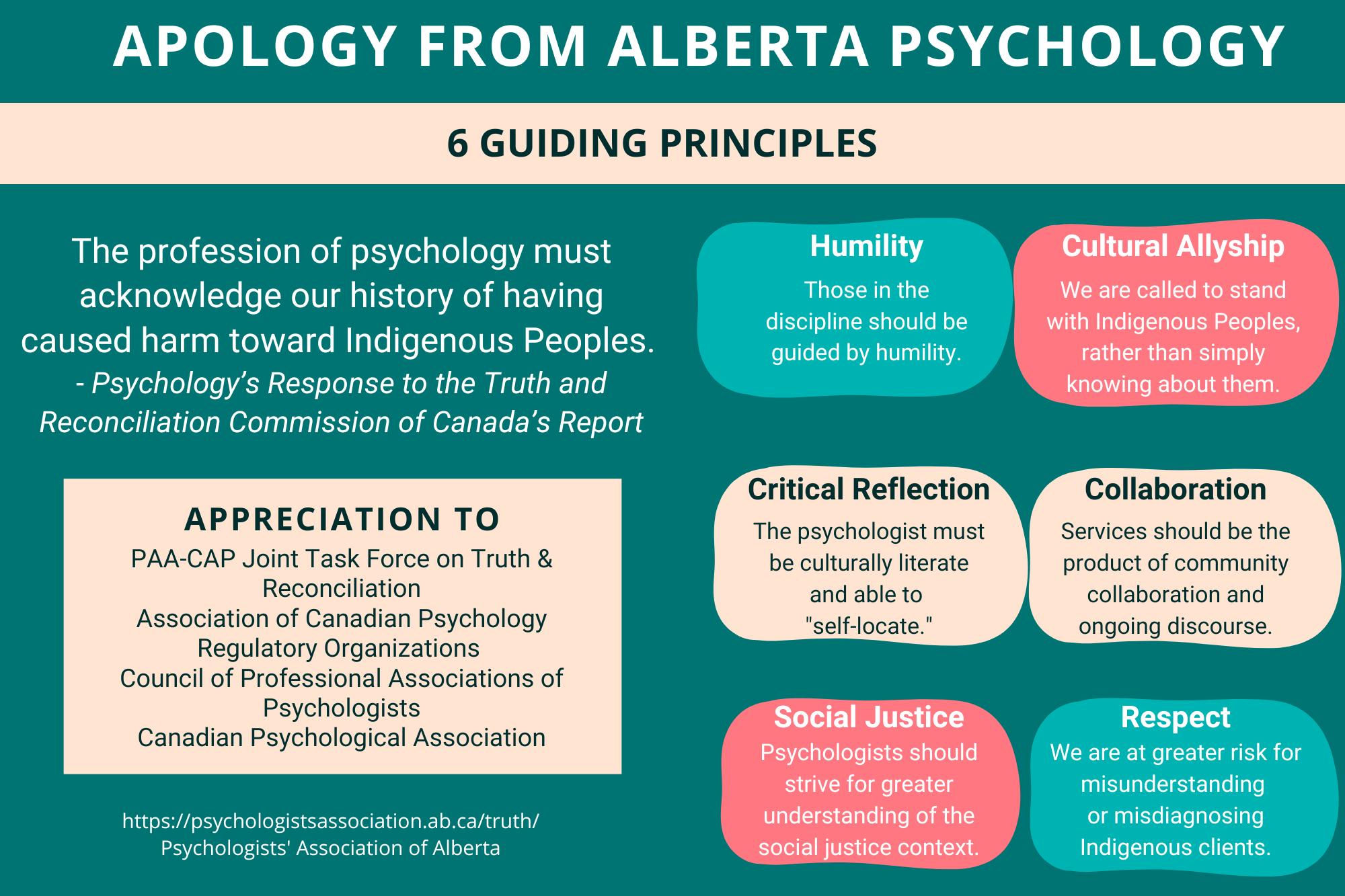
www.paa-ab.ca 21

2023 September Psymposium 22 Paid Advertisement
Continuing Professional Development
Workshops
Indigenous Wisdoms in Practice: Land-Based Tools for Wellness
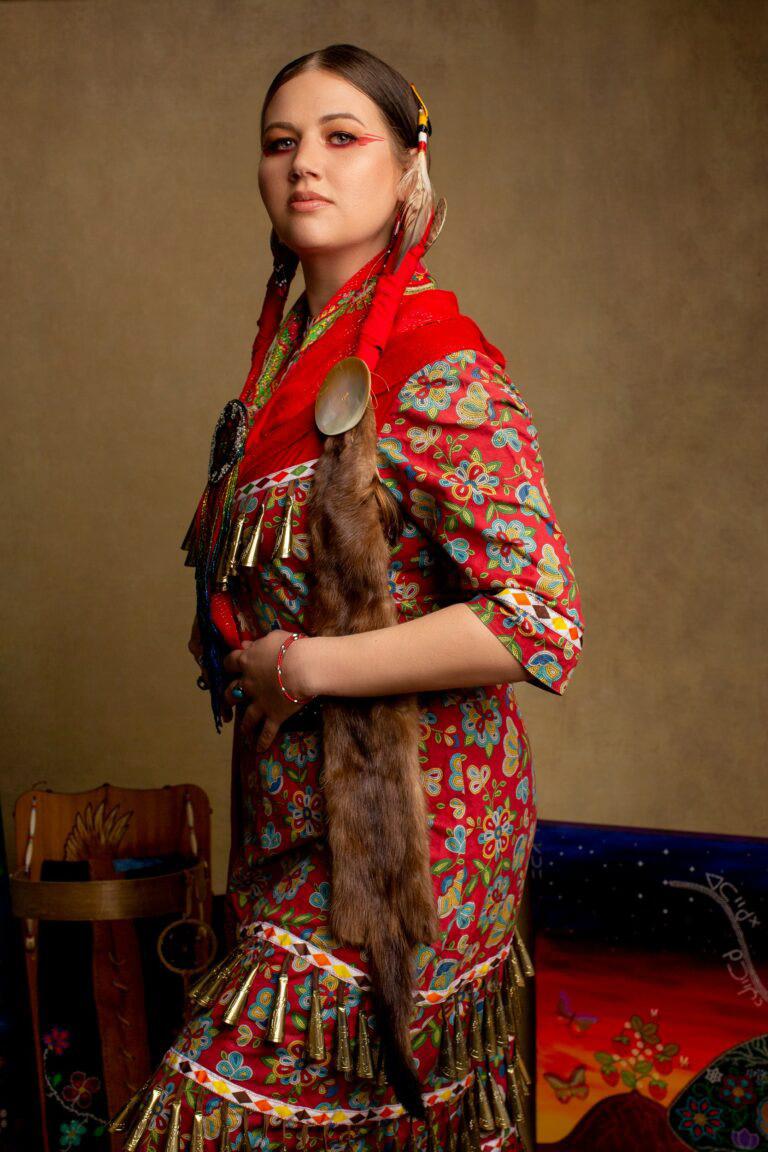
Edmonton, 15 September
Dr. Karlee Fellner
Register
General Assessments for Counselling Psychologists
Calgary, 13 October
Jamie Dyce, Ph.D.
Register
Testifying In Court as a Psychologist
Virtual, 17 October
Andrew M. Haag, Ph.D. Register
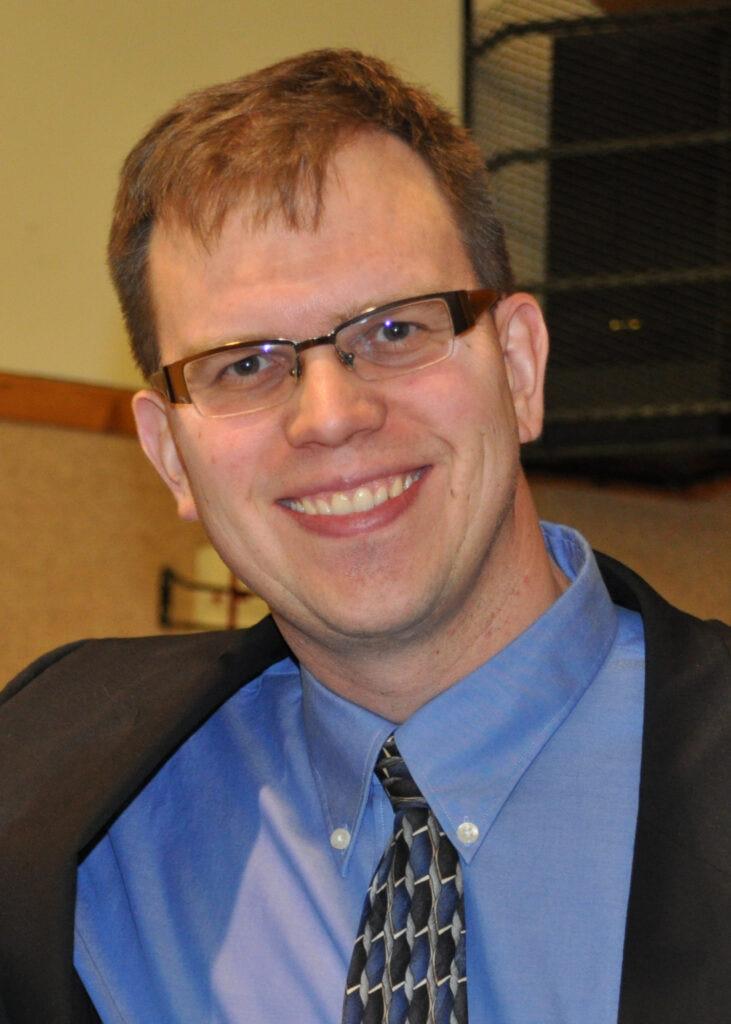

Asynchronous Courses
Indigenous Awareness Training–Indigenous Awareness Canada Clinical Supervision - Level 1: Foundational Knowledge–Jeff Chang Ph.D.
Recorded Webinars & Primers
Here are just a few of the offerings available on your PAA Course Portal:
Pain Psychology: An Introduction to Chronic Pain Management Approaches–Emily Moore Ph.D.
What’s New in the DSM-5-TR–Dr. Michael Lee Zwiers

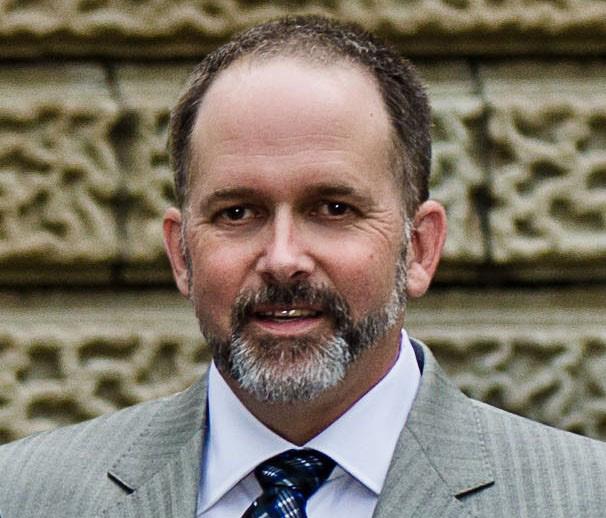
Effective Advocacy–Dr. Judi Malone

PAA Disaster Response Network–Judi L. Malone Ph.D., Judy Moench Ph.D., and Ester Cole Ph.D.
Ethical Decision Making–Dr. Harpreet Gill
Assessing Perinatal Mental Health–Kristine Aanderson, Mallory Becker and Dr. Gina Wong
Breaking the OCD Cycle: The Power of Exposure and Response Prevention
Edmonton, 20 October
Janet Caryk Register
Performance: It’s Not (Only) What You Think
Calgary, 27 October
Matthew Bain
Register Family Restructuring Therapy: Working with Separated, Divorced and Never Married Families
Edmonton, 03 November
Dr. Stephen Carter
Register
Psychedelics and Psychedelic-Assisted Therapy–Megan McElheran, Ph.D.
Prescribing Service Dogs or Emotional Support Animals–Kristine Aanderson
The Erupting Addictions Pandemic–Dr. Kevin Alderson
The Game of Life: An Introduction to Using Basic Sport Psychology Principles in Clinical Practice–Dr. Caelin White
Family Restructuring Therapy–Dr. Stephen Carter
Trauma & PTSD in First Responder Populations–Dr. Megan McElheran
Psychology of Cannabis Addiction–Dr. Jonathan Stea
www.paa-ab.ca 23
PAA Annual Report
Each year, the PAA Annual Report is available for members in early September. https://psychologistsassociation.ab.ca/about/annual-reports/
Psychological Services Fund Opens 01 Oct

The PAA Psychological Services Fund helps people who can’t afford the services of a psychologist to access the help they need. The funding year is 01 October to 30 September.
The Psychological Services Fund, initiated by a donation from Ms. Amina Beecroft to the Psychologists’ Association of Alberta, has been invested into endowed funds with the Edmonton and Calgary Community Foundations. Services may be for psychological assessments or counselling/psychotherapy, and the psychologist provider must be a PAA member in good standing.
For more information visit https://psychologistsassociation.ab.ca/psychological-services-fund/
PAA Referral Service
Are you marketing your private practice effectively? Did you know that we’ve just launched a fully redesigned, enhanced service?
The PAA Referral Service provides the public with the contact information of registered psychologists who match their region/area of expertise. With excellent value for your marketing dollar investment, the Referral Service is an ideal advertising strategy for those in private practice.
Early Career and Provisional members–you are eligible for the Referral Service too!
Already on the Referral Service? Use our series of videos for your marketing purposes.
To learn more, visit the PAA website > Membership > Purchase or Renew Membership > 2023/24 > 2023/24 Memberships, and scroll down to Add On Services.
From 01 May to 31 July 2023, we averaged
1,699referrals/month. That’s 56 per day.














 By Dr. Michael Stolte, R. Psych.
Special Education
By Dr. Michael Stolte, R. Psych.
Special Education



















 By Jasmine Fouillard, Nehiyaw Iskwew
By Jasmine Fouillard, Nehiyaw Iskwew


 By Nathan Beaucage, M.Ed. Registered Provisional Psychologist, Ph.D. Candidate
By Nathan Beaucage, M.Ed. Registered Provisional Psychologist, Ph.D. Candidate


























